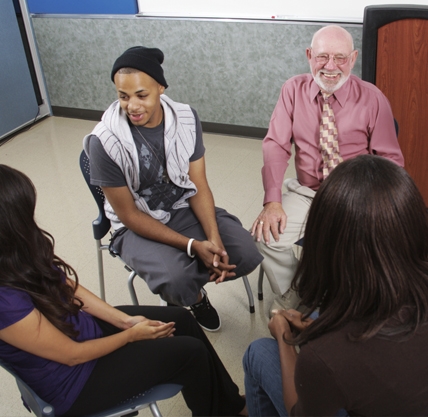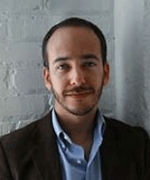
My loved one with a TBI has a hard time socializing and making new friends. What are the pros and cons of peer mentoring? What advice would you offer him?
Brain injury has a notorious reputation for disrupting — or significantly altering — a person's social life, but that doesn't always have to be the case. One of the best places to begin rebuilding your connection to others is through involvement with a brain injury support group.
Generally speaking, peer mentoring is a positive experience that benefits all parties involved. By establishing relationships with others who face similar challenges, you're able to learn about local support systems and the "ins and outs" of dealing with them. More importantly, you can develop a relationship with someone who can empathize with you emotionally.
Remember to verify any medically-related advice you might be given by talking with your doctor or other healthcare professional. And always remember to set appropriate boundaries by considering your own physical and emotional needs. Above all else, when establishing any new relationship, it's important to take things slowly and use good judgment. Remind yourself that it's okay to nurture relationships slowly; real friendship takes time.
Lastly, don't be afraid to openly discuss with family and friends any challenges and limitations you are currently experiencing because of your TBI, especially those that affect friendships and relationships. Sometimes just bringing up a concern helps to resolve it, or at least to see it in a different light.
About the author: Michael Paul Mason
Michael Paul Mason is the founding editor of This Land, a monthly magazine based in Tulsa. Mason's first book, Head Cases: Stories of Brain Injury and Its Aftermath, is an exploration into the harsh realities endured by people with brain injury.


Comments (1)
Please remember, we are not able to give medical or legal advice. If you have medical concerns, please consult your doctor. All posted comments are the views and opinions of the poster only.
Anonymous replied on Permalink
You say: 'Remember to verify any medically-related advice you might be given by talking with your doctor or other healthcare professional.'
But I soon learned things like I slept better at night if I had a sleep in the day but my GP said 'oh it doesn't usually work like that', he thought he knew better than me which he didn't. Often (not always) people with brain injury know better than doctors - through experience. Why don't doctors want to listen to us and learn?